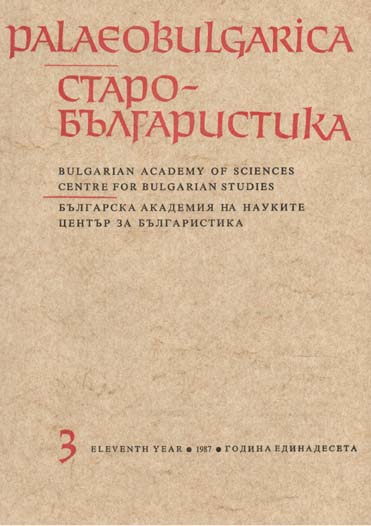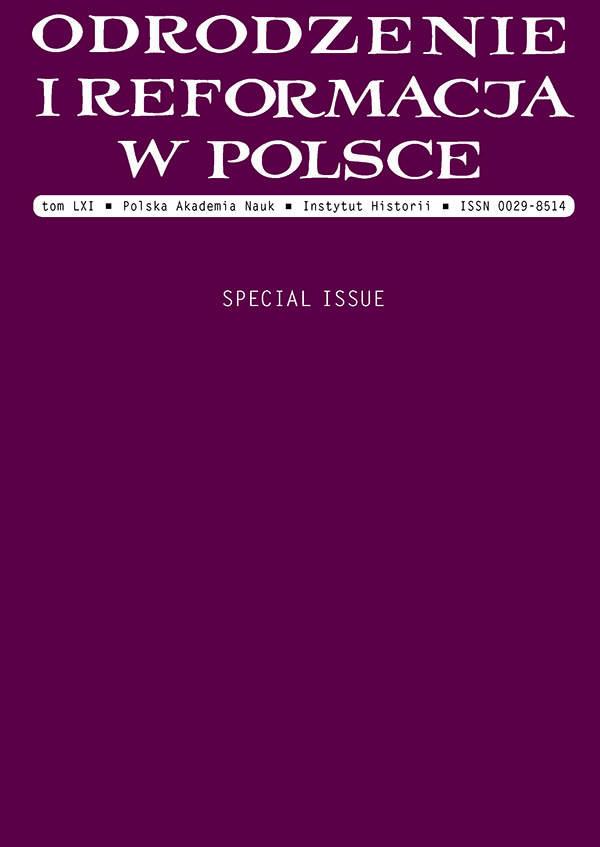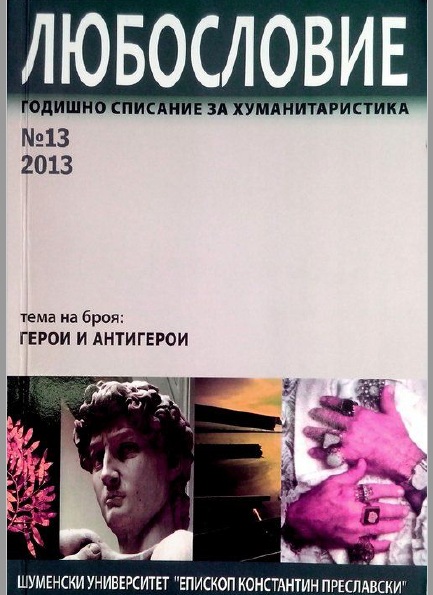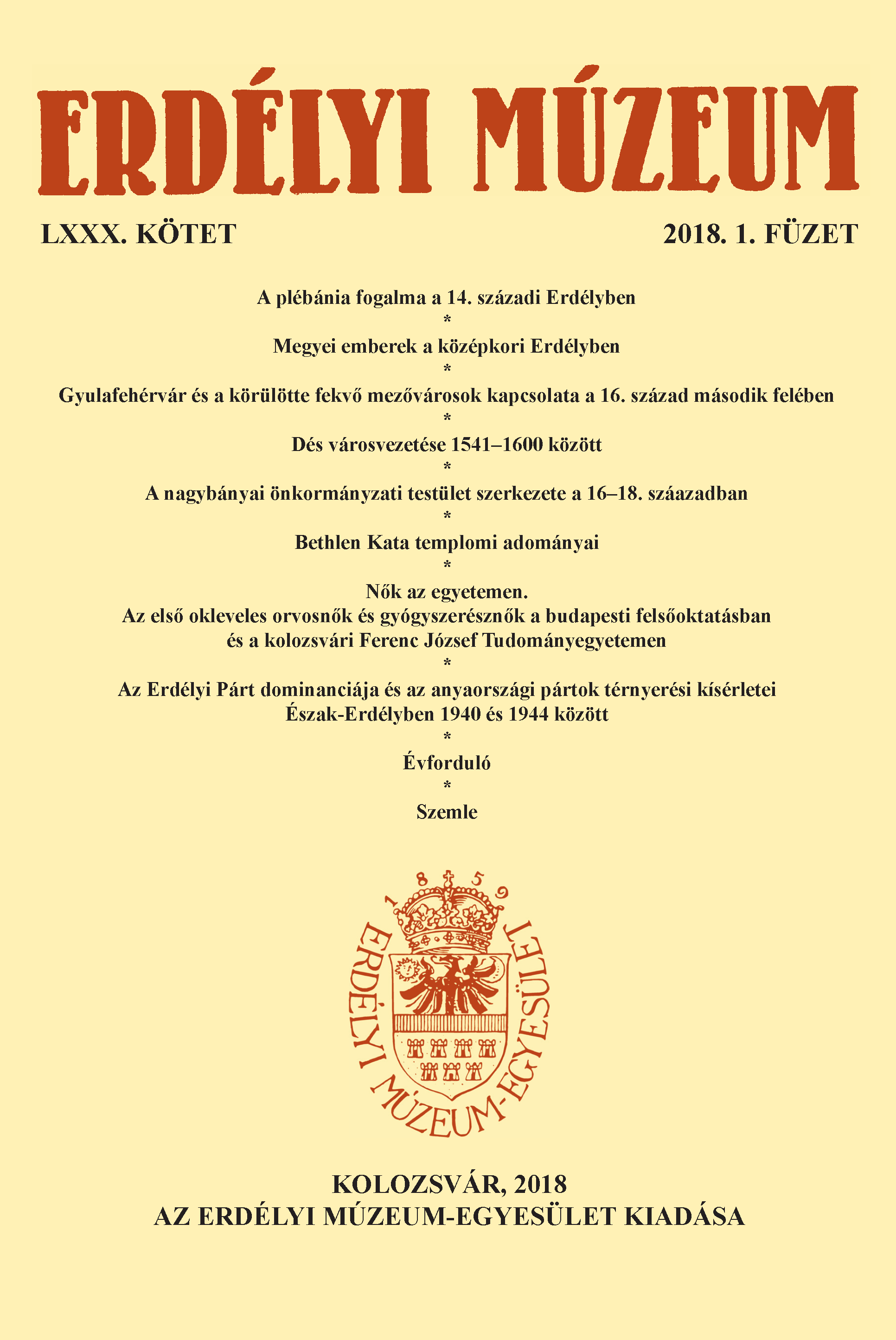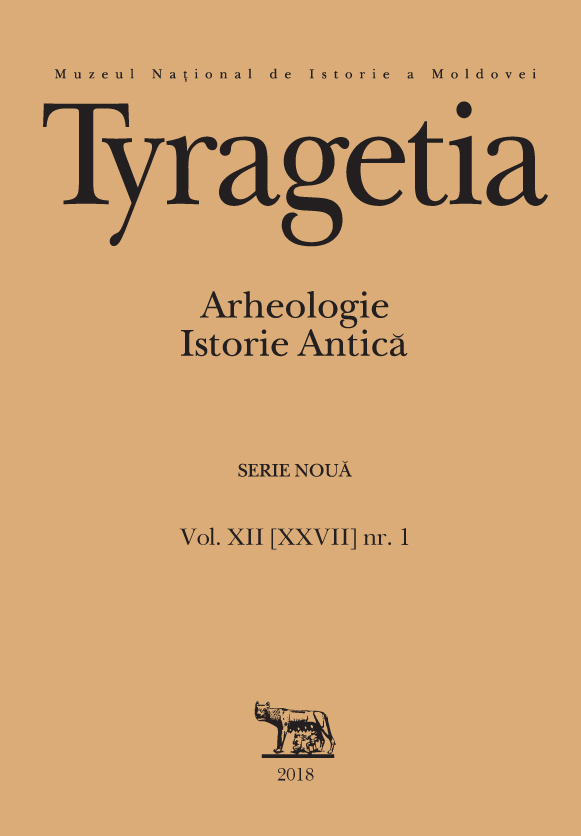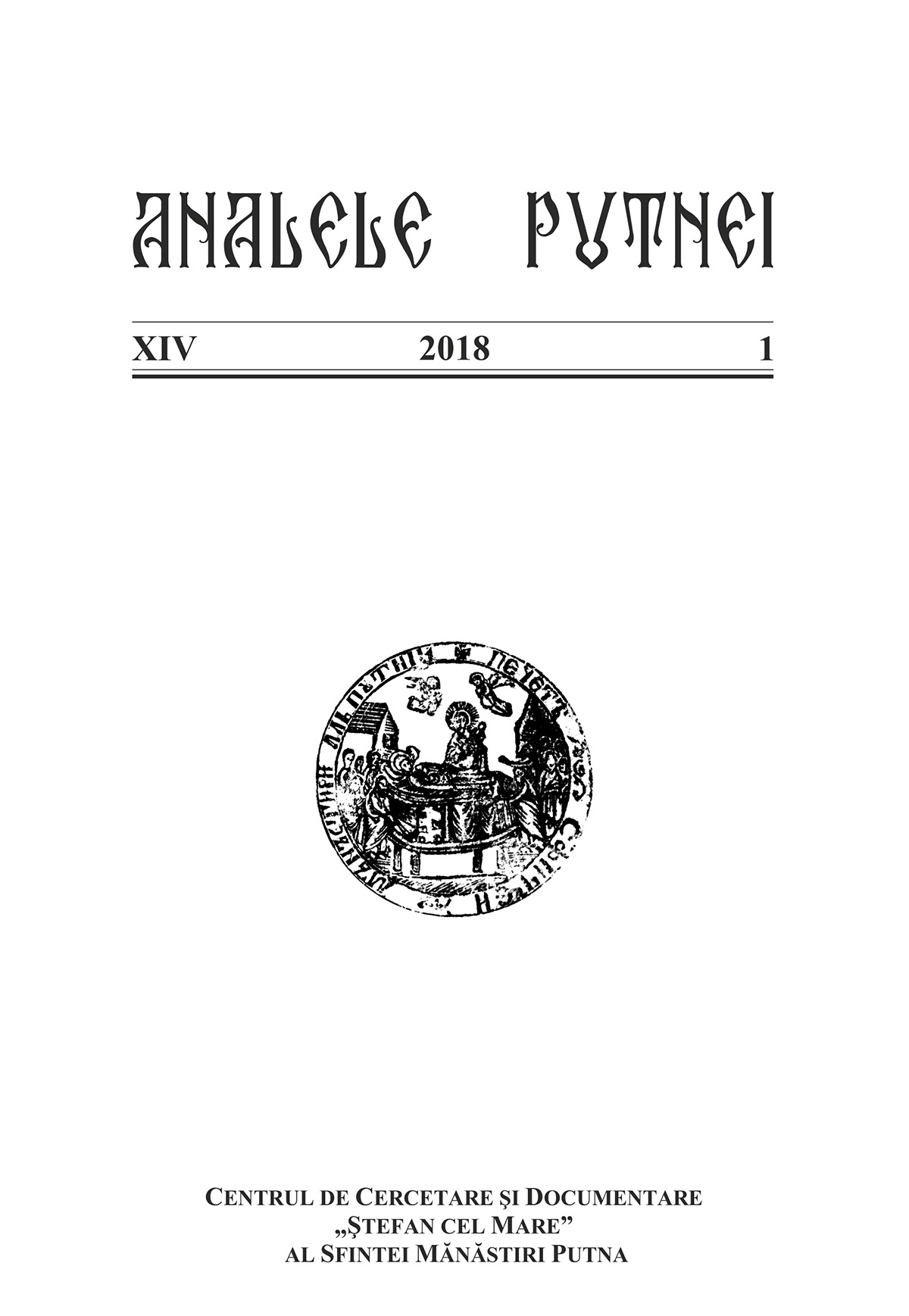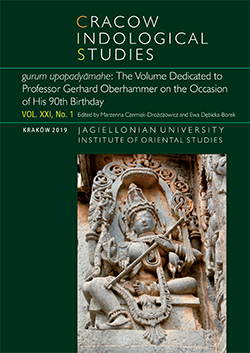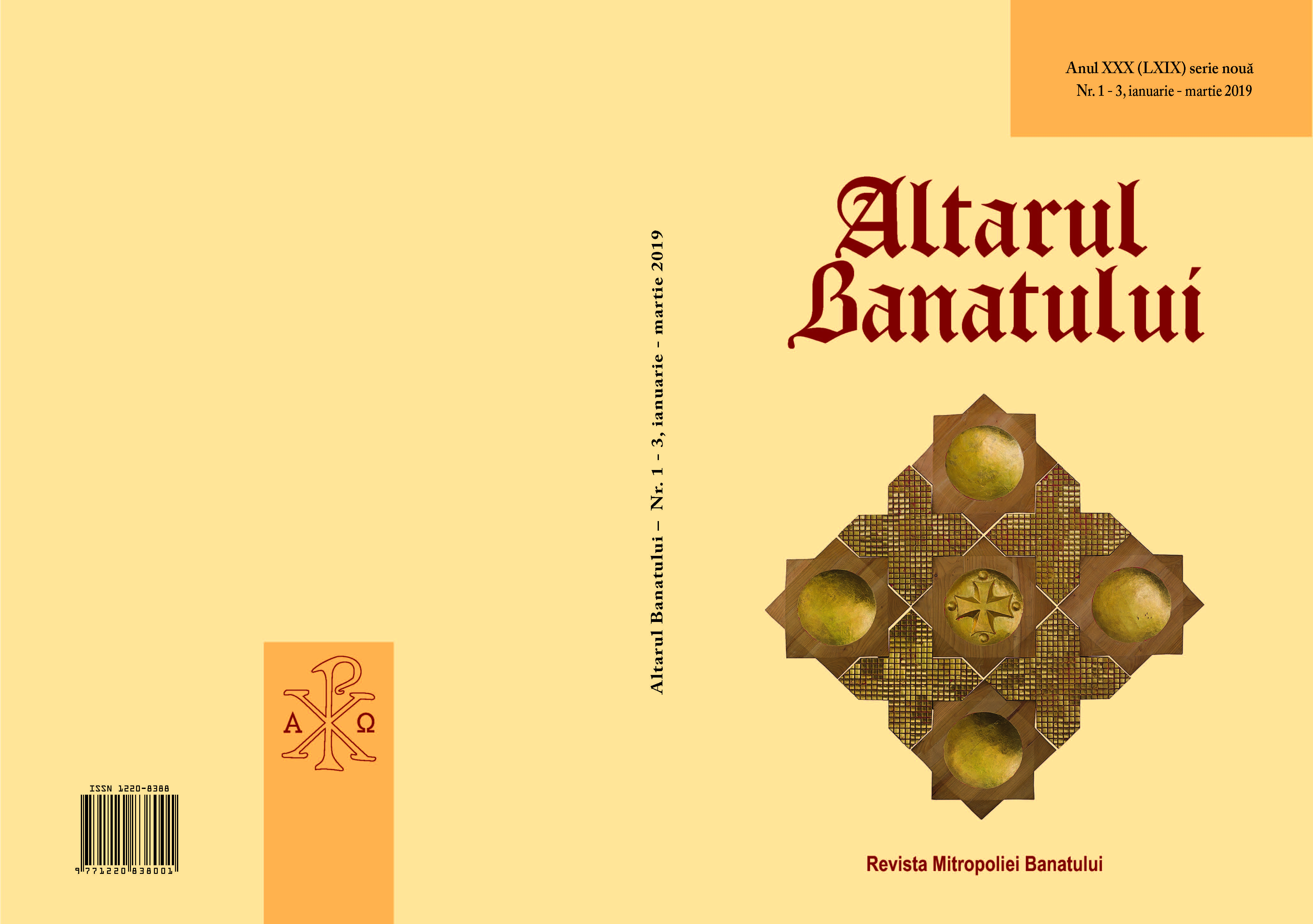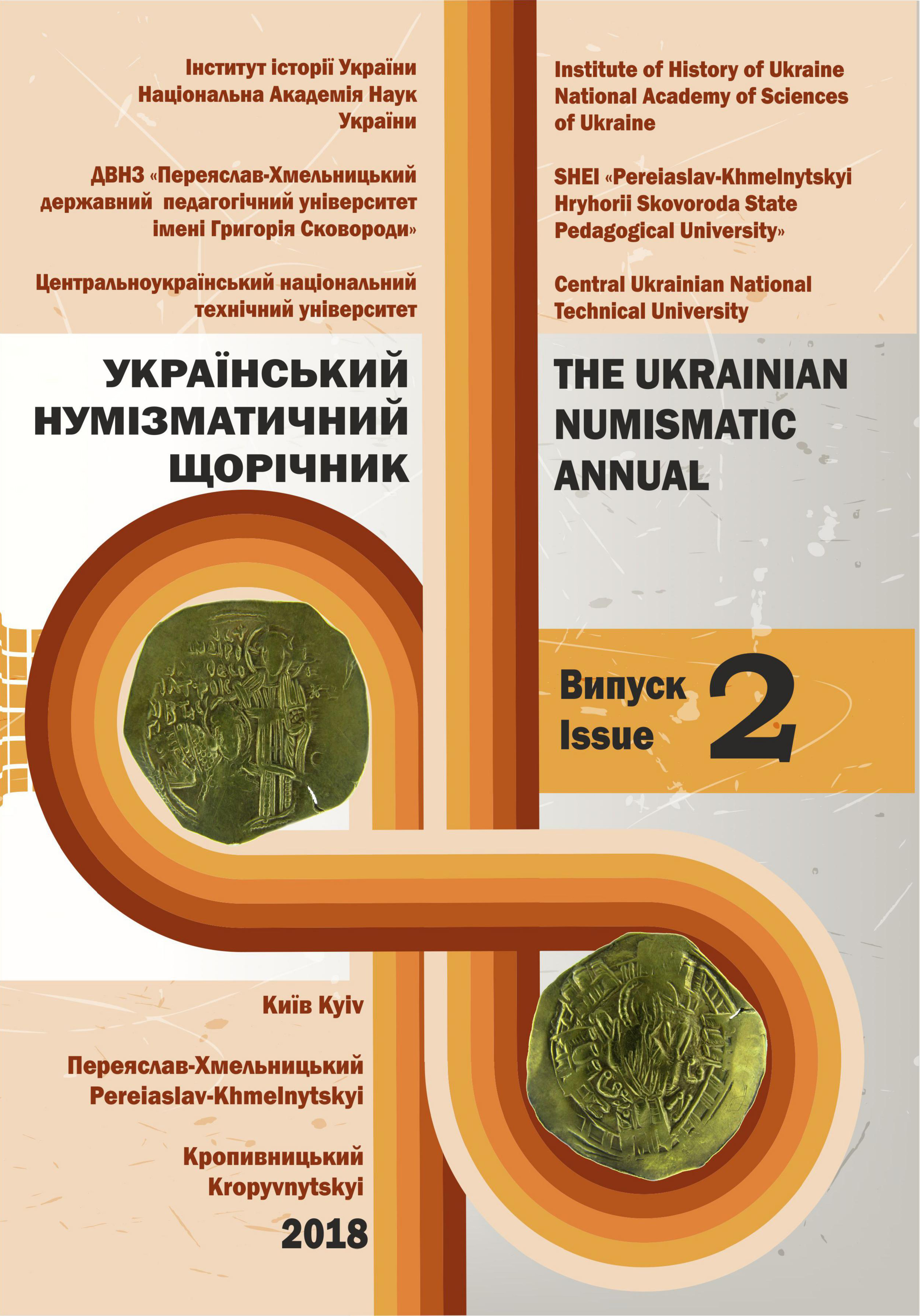Author(s): Vasyl Orlyk / Language(s): Ukrainian
Issue: 2/2018
The article presents the study of the origin of the coins of Banate of Severin with the image of the man’s figure and a cross in the shield under the crown. Historiography has no consensus on the issuer of these coins. The researchers refer the coins to the emissaries of the Hungarian King Sigismund of Luxembourg, the representative of the Teutonic Order Nikolaus von Redwitz or even the ruler Dan II of Wallachia. The iconographic and metrological analysis of the coins, which was carried out in the article, enables making a number of conclusions and assumptions about the origin of the coins. The article shows that, on the coins of the Banate of Severin, a man’s figure with a crown on the head represents the image of the Hungarian king Vladislav I (1040-1095), canonized by the Catholic Church in 1192. The coins under consideration were minted by the person who was in the service of Sigismund of Luxemburg. It was during the times of this monarch in Hungary that there was practice of granting the right to coinage or income from the right of the coinage to persons who were in his service protecting the borders of the state from the Turks. The article proves that the presence of the Order sign (a cross in the shield) indicates the affiliation of the mint seigneur to the Teutonic Order, and the absence of its own coat of arms along with the Order sign indicates that this mint seigneur was not a personal vassal of Sigismund of Luxembourg and received the right of the coin regal only as the head of the Teutonic knights sent by the Grand Master to serve the Hungarian king. The combination of the Order sign and the crown points to the subordination of the mint seigneur – the representative of the Teutonic Order – to the crowned person. In this case this was the Hungarian King Sigismund of Luxembourg, and from 1433 – the Emperor of the Holy Roman Empire. The image of the Order sign with the cross potent on the coins stamped at the time of the Banate of Severin by the Teutonic knights headed by Nikolaus von Redwitz, may indicate that they were minted with the help of the Teutonic mint-masters. Having identified the image of the coat of arms with the cross as the Order sign, the author believes that this side of the coin is its obverse, because it contains the symbol of the issuer – the sign of the Teutonic knights who were in the service of the Hungarian king. In addition to the iconographic analysis of the coins the author carried out a metrological, in particular, energy-dispersive X-ray fluorescence analysis of the metal from which the coins were minted, using the precision analyzer Express 3L W108U. The metrological analysis of the coins of the Banate of Severin points out the inappropriateness of the use of the “denar” or “obol” denominations adopted in the historiography, since “denar”, as well as “obol”, which was a denar faction, was minted from silver. While the “obol” fraction is the “quarting”, as well as the coins of the Banate of Severin, it was made of billon and had corresponding weight characteristics. Therefore, the classification of the investigated type of coins presented in the article, gives grounds to assert that it was “quarting” (at least the so-called Wallachia type of coins) minted in the Banate of Severin during the period of stay of the group of representatives of the State of the Teutonic Order headed by Nikolaus von Redwitz. This type of coins is an interesting and insufficiently studied page of the late medieval numismatics and the history of coinage in the state of Sigismund of Luxembourg, including the Romanian historical lands.
More...


